Log monitoring with PRTG
Keep a 24/7 eye on changes to your business-critical log files
- Receive customizable real-time alerts to identify weak spots
- Define filters to trigger alarms based on specific events
- Analyze Windows event logs and syslogs in more detail
PRTG log monitoring: What you’ll find on this page
PRTG makes log monitoring as easy as it gets
Custom alerts and data visualization let you quickly identify and prevent issues with your network devices and your entire IT infrastructure.
5 reasons to choose PRTG as your log monitoring tool
Central IT infrastructure monitoring
Paessler PRTG helps you keep an eye on the most important logs while also monitoring your entire network, including servers, bandwidth, applications, and more.
If something goes wrong, you’ll be notified at once. Plus, the comprehensive monitoring data empowers you to get to the root of the problem quickly.
Customizable alerting system
Configure alarms to only send alerts if certain situations arise, and create filter criteria for log sensors to allow them to respond to your emergencies.
This means you’ll only receive alerts based on the thresholds you define, and the way you want: by SMS, email, push notification, and more.
Personalized dashboards
See all your monitoring data on an easy-to-read dashboard so you’ll immediately know if the network has malfunctioned or is down.
Or create custom dashboards and maps which can also incorporate data from other log monitoring tools – just the way you require it.
Windows event log monitoring
PRTG lets you keep a constant eye on the Windows event logs of your servers and computers. You can choose from two different technologies for querying event logs: WMI and Windows API.
Filter the log entries according to event type, source, and other metrics so PRTG only analyzes these log entries and notifies you in the event that unwanted entries appear in a certain log.
Custom filters for syslog files
PRTG as a syslog receiver collects, saves, and monitors syslog messages that are sent by devices in your network. You can decide which value (or sender) constitutes an error status or warning.
If messages are classified as errors or warnings, PRTG immediately triggers the alarm and also displays the offending message in the user interface.
What log observability looks like in PRTG
Diagnose network issues by continuously tracking entries to log files such as event logs or application logs. Show critical log events from various data sources and other key performance metrics in real time. Visualize monitoring data in clear graphs and dashboards to identify problems more easily. Gain the overview you need to troubleshoot all kinds of log-based events.
Your log monitor at a glance – even on the go
Set up PRTG in minutes and use it on almost any mobile device.
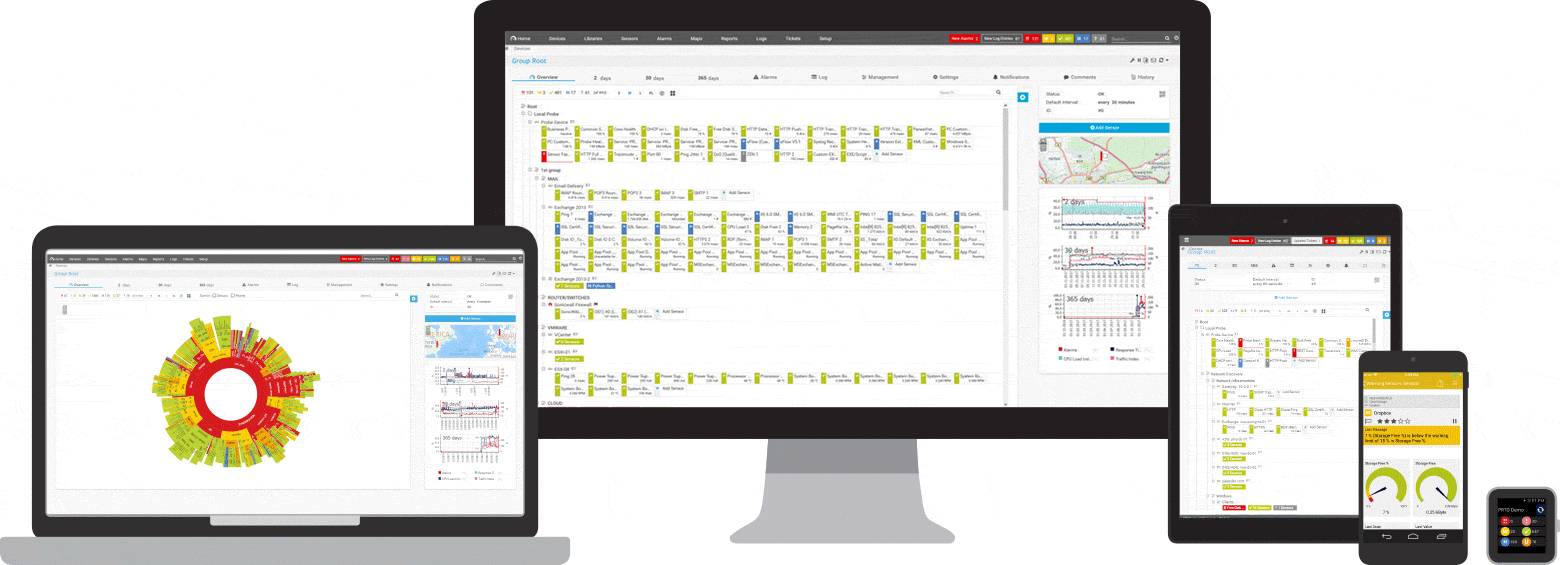

Start monitoring log files with PRTG and see how it can make your network more reliable and your job easier.
Explore our preconfigured PRTG sensors for log analytics
PRTG comes with more than 250 native sensor types for monitoring your entire on-premises, cloud, and hybrid cloud environment out of the box. Check out some examples below!
Find the root cause of the problem with our PRTG log monitoring solution
Real-time notifications mean faster troubleshooting so that you can act before more serious issues occur.
PRTG is compatible with all major vendors, products, and systems
Create innovative solutions with Paessler’s partners
Partnering with innovative vendors, Paessler unleashes synergies to create
new and additional benefits for joined customers.
“Excellent tool for detailed monitoring. Alarms and notifications work greatly. Equipment addition is straight forward and server initial setup is very easy. ...feel safe to purchase it if you intend to monitor a large networking landscape.”
Infrastructure and Operations Engineer in the Communications Industry, firm size 10B - 30B USD
PRTG makes log monitoring as easy as it gets
Custom alerts and data visualization let you quickly identify and prevent issues with your network devices and your entire IT infrastructure.

PRTG: The multi-tool for sysadmins
Adapt PRTG individually and dynamically to your needs and rely on a strong API:- HTTP API: Access monitoring data and manipulate monitoring objects via HTTP requests
- Custom sensors: Create your own PRTG sensors for customized monitoring
- Custom notifications: Create your own notifications and send action triggers to external systems
- REST Custom sensor: Monitor almost everything that provides data in XML or JSON format
We asked: would you recommend PRTG?
Over 95% of our customers say yes!
Paessler conducted trials in over 600 IT departments worldwide to tune its network monitoring software closer to the needs of sysadmins.
The result of the survey: over 95% of the participants would recommend PRTG – or already have.
Still not convinced?
More than 500,000
sysadmins love PRTG
Paessler PRTG is used by companies of all sizes. Sysadmins love PRTG because it makes their job a whole lot easier.
Monitor your entire IT infrastructure
Bandwidth, servers, virtual environments, websites, VoIP services – PRTG keeps an eye on your entire network.
Try Paessler PRTG
for free
Everyone has different monitoring needs. That’s why we let you try PRTG for free.
Start monitoring log files with PRTG and see how it can make your network more reliable and your job easier.
|
PRTG |
Network Monitoring Software - Version 25.1.104.1961 (April 7th, 2025) |
|
Hosting |
Download for Windows and cloud-based version PRTG Hosted Monitor available |
Languages |
English, German, Spanish, French, Portuguese, Dutch, Russian, Japanese, and Simplified Chinese |
Pricing |
Up to 100 sensors for free (Price List) |
Unified Monitoring |
Network devices, bandwidth, servers, applications, virtual environments, remote systems, IoT, and more |
Supported Vendors & Applications |
|

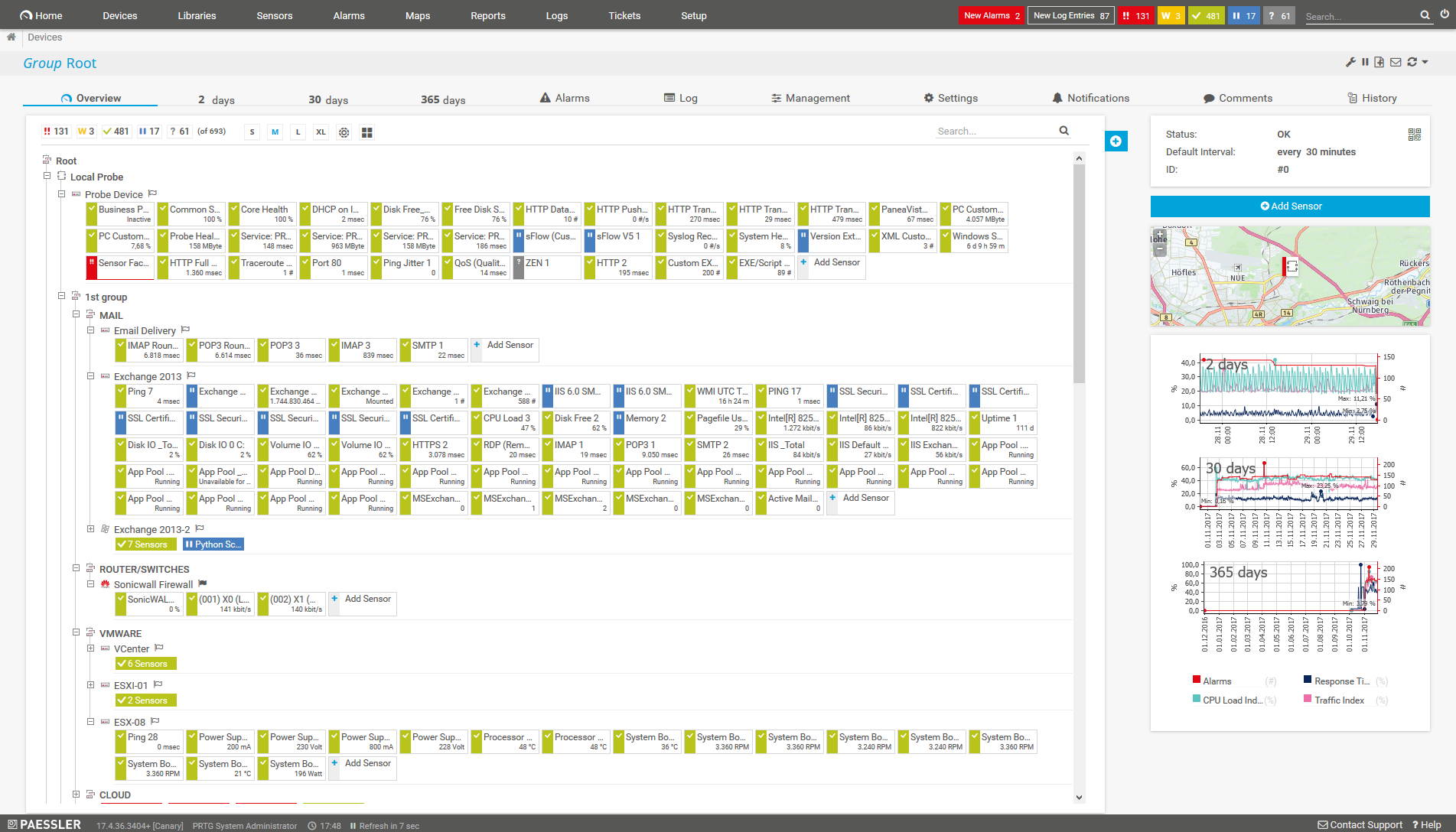
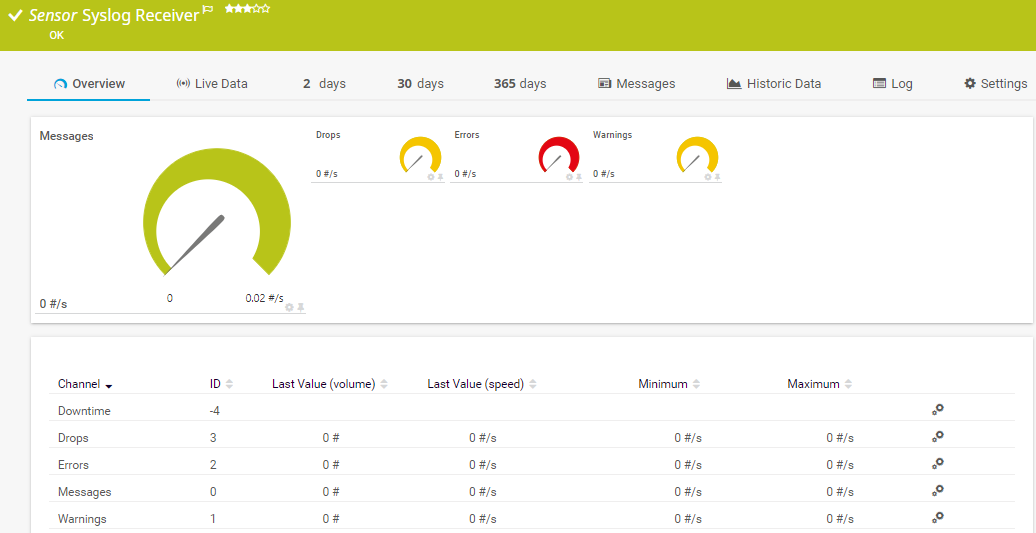
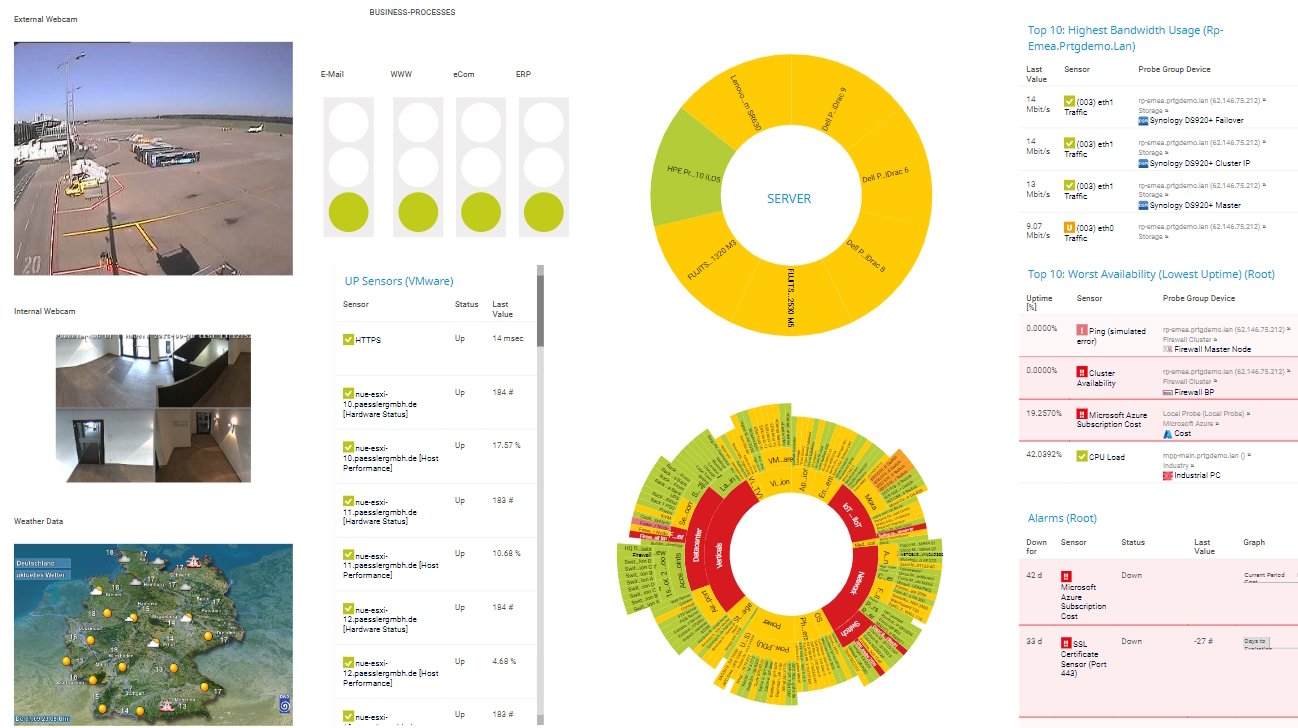

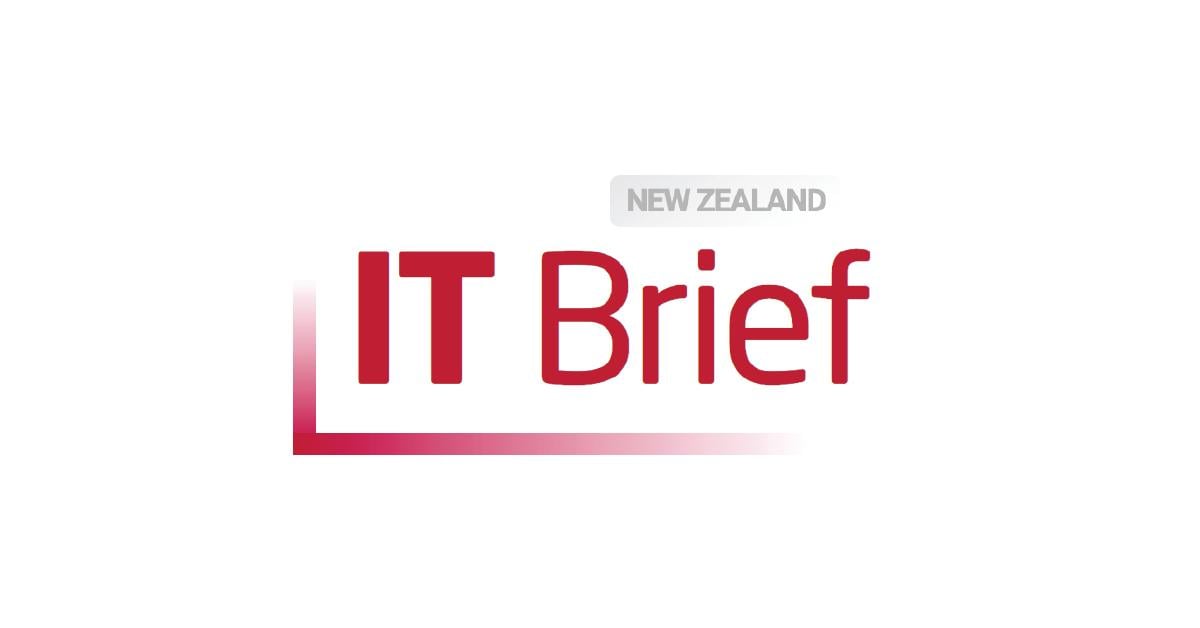
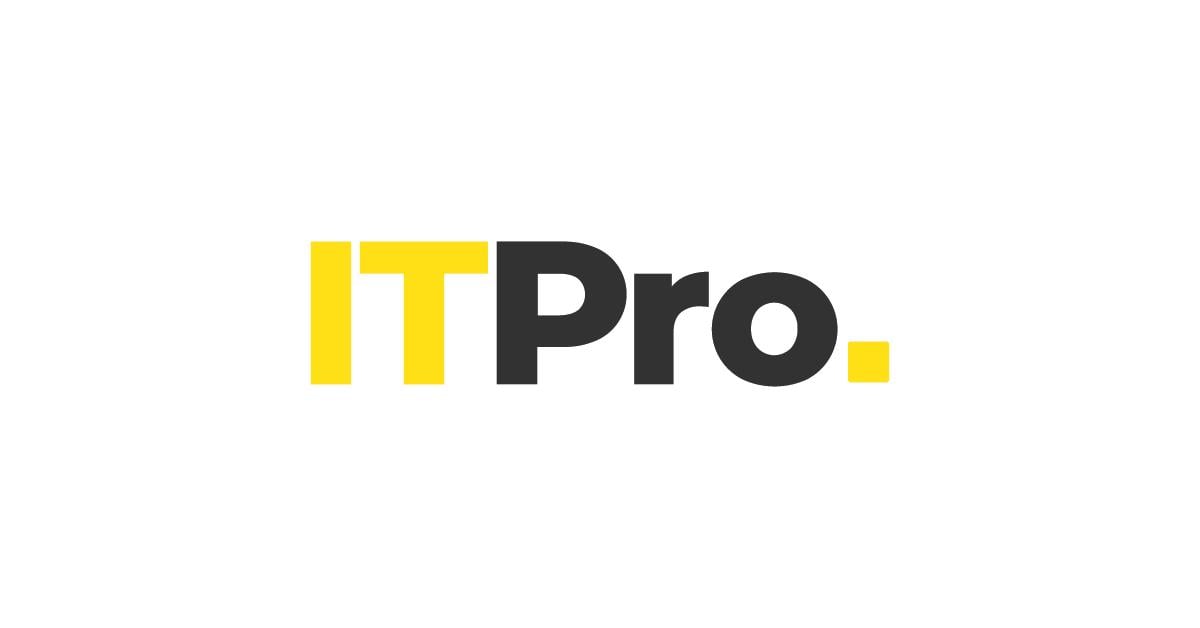

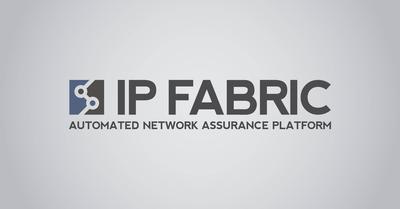





Combining the broad monitoring feature set of PRTG with IP Fabric’s automated network assurance creates a new level of network visibility and reliability.